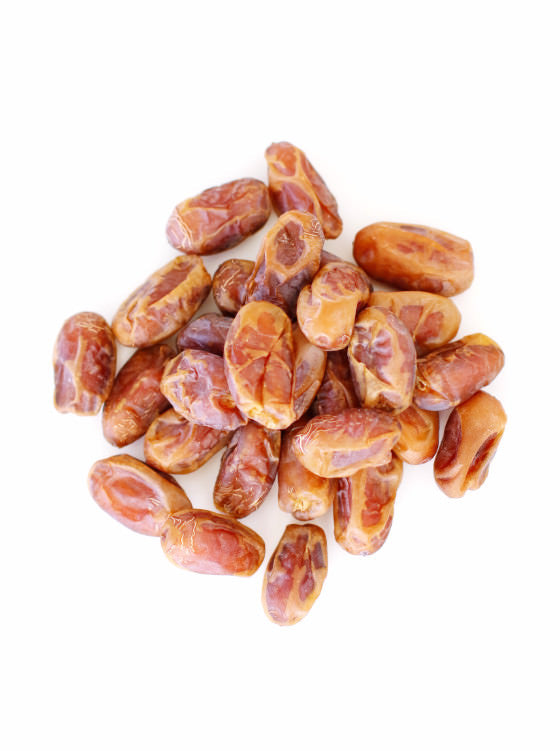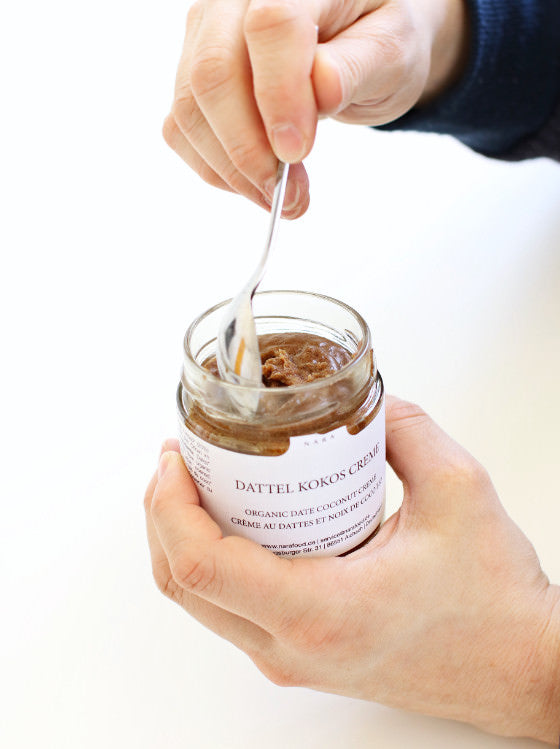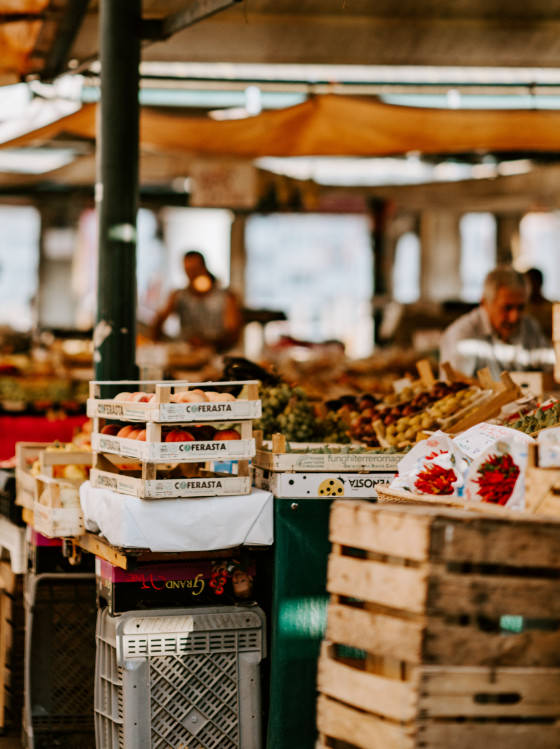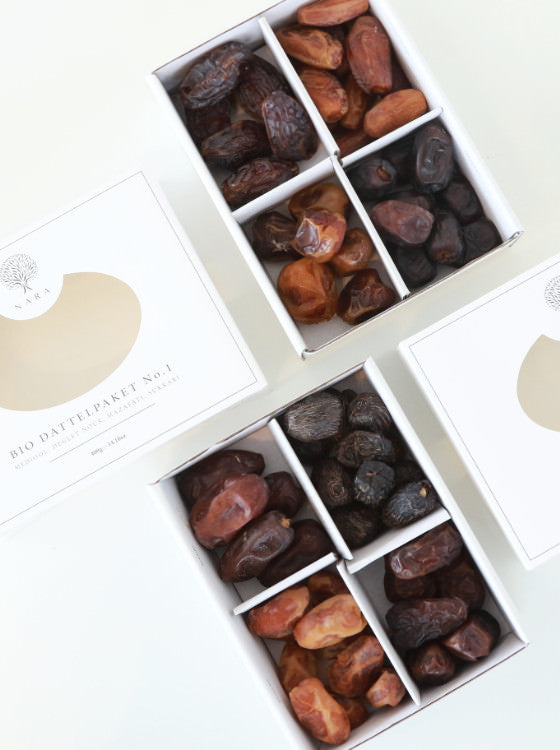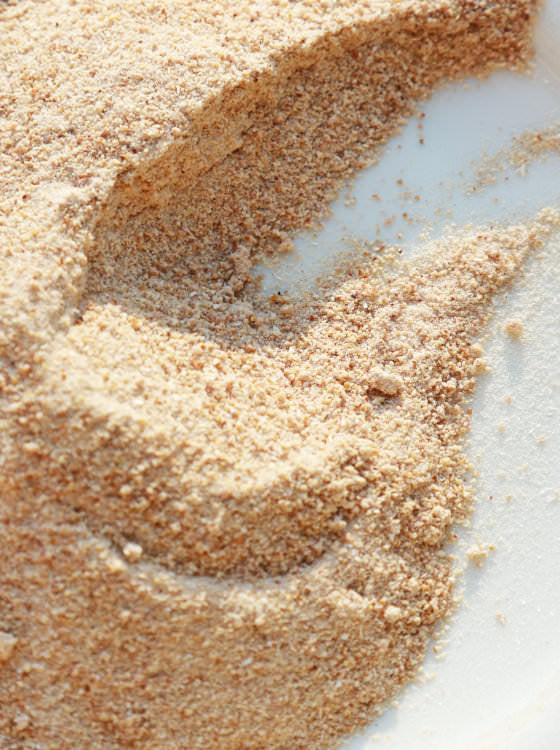News
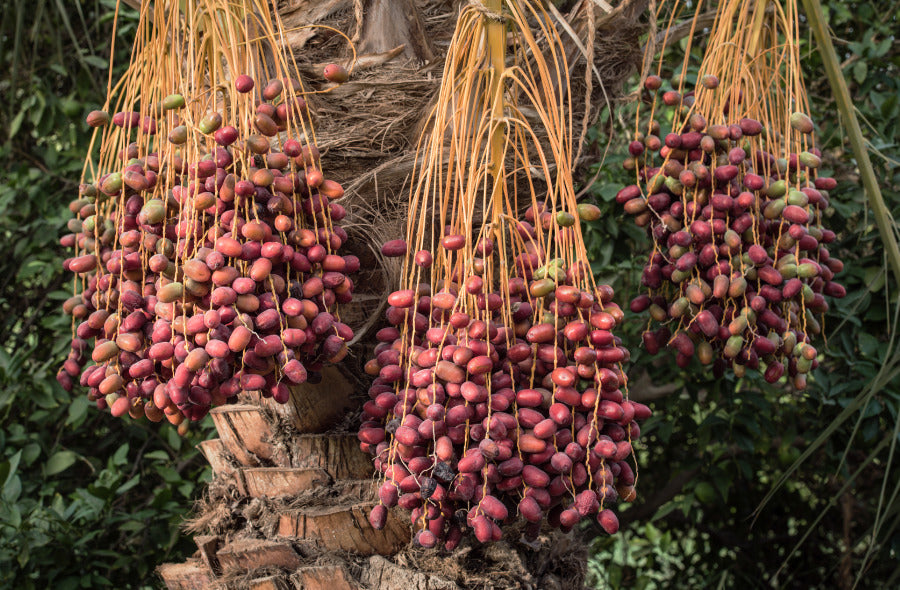
Top quality dates: what characteristics are important
Consistency, aroma, sweetness or appearance? What quality characteristics should you look out for in dates? Find out here in our blog:
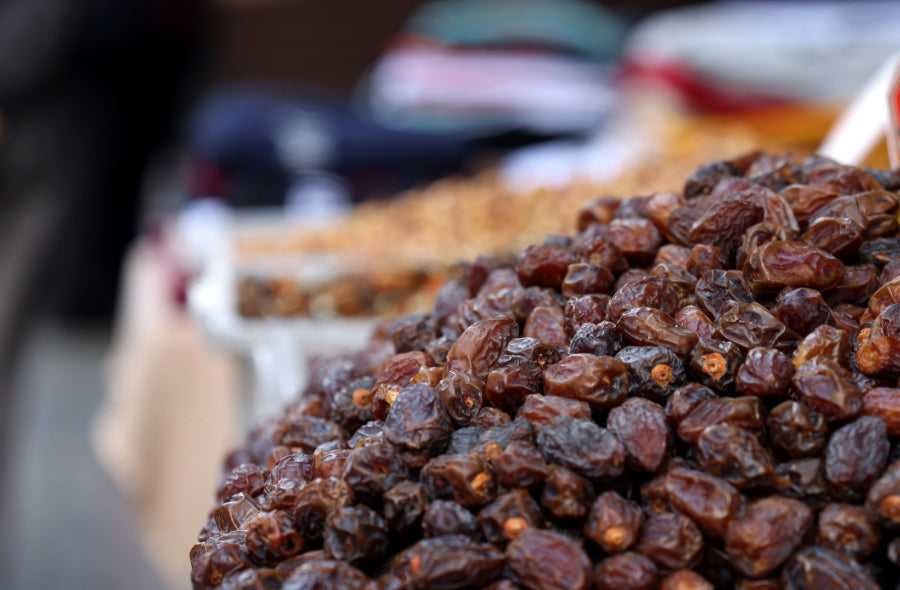
How much fiber is in dates? And how do they benefit you?
How much fiber is really in dates? And what does this mean for your date consumption and your well-being? Find out more in our blog "
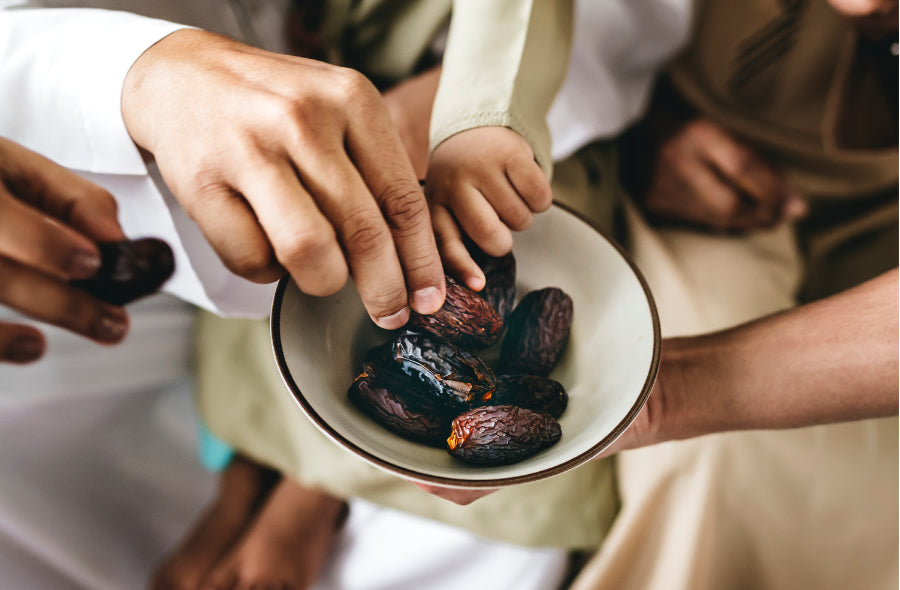
Unsulphured dates vs. sulphured dates: 5 misconceptions you should know about
There is widespread agreement that it is better to buy unsulphured dates. But what if something is wrong here? Find the mistake ➤
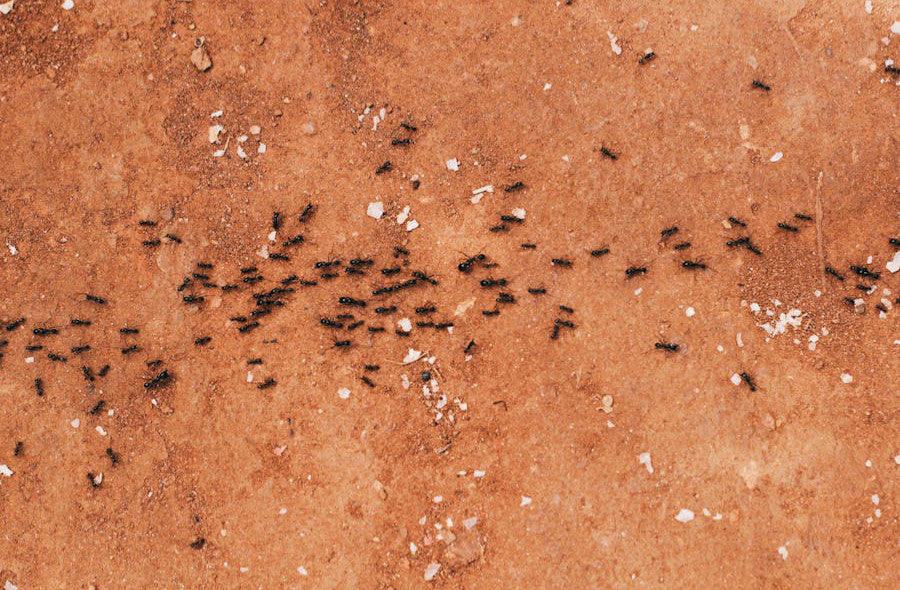
Dates with insects: How to recognize affected fruit
What types of insects can occur in dates? How do organic farming measures reduce insect infestation? Find out more here "
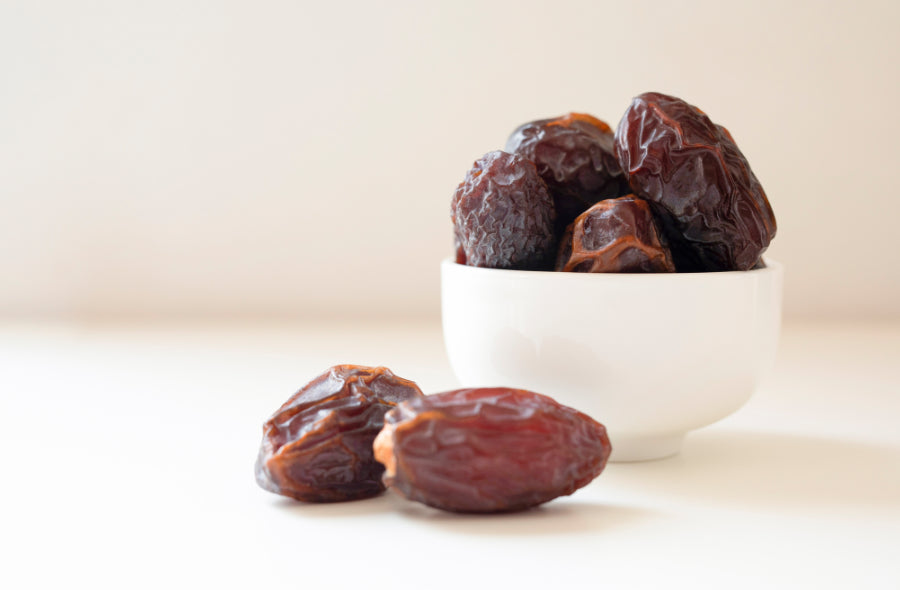
datteln
Are dates high in iron? Interesting facts for your diet
Did you know that dates contain iron? Find out more about their iron content and how they can contribute to your diet in our blog "

datteln
Dates with mould: how to recognize them and how to avoid mould
How can you tell if dates are affected by mold? What other causes can lead to changes in the fruit? Find out more here "

datteln
Datteln zum Einschlafen – Ein natürlicher Weg zu besserem Schlaf
Datteln zum Einschlafen gelten als gesund. Warum die Früchte einen gesunden Schlaf fördern können & wie viele Ihr abends essen solltet, erfahrt Ihr hier ▶

datteln
Datteln waschen: Saubere Früchte genießen
Hier erfahrt Ihr, wann Ihr Datteln waschen solltet & wann Ihr darauf verzichten könnt. Wir geben Tipps für die Reinigung & die Lagerung gewaschener Früchte »
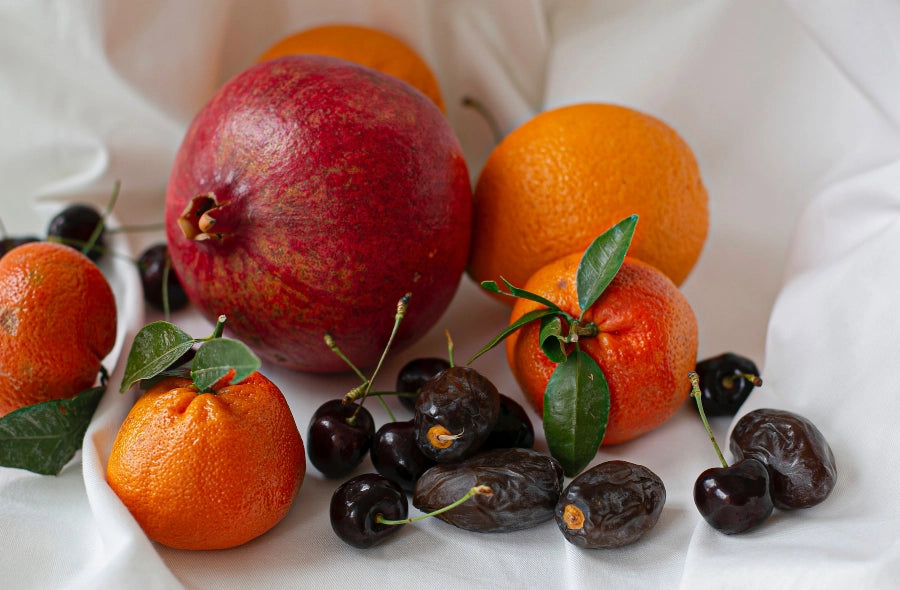
datteln
Datteln und Fructose: Von Natur aus reich
Wieviel Fructose ist in Datteln enthalten & was bedeutet das für die Ernährung? Welche Rolle spielt Fructoseintoleranz beim Dattel-Genuss? Hier lesen »

